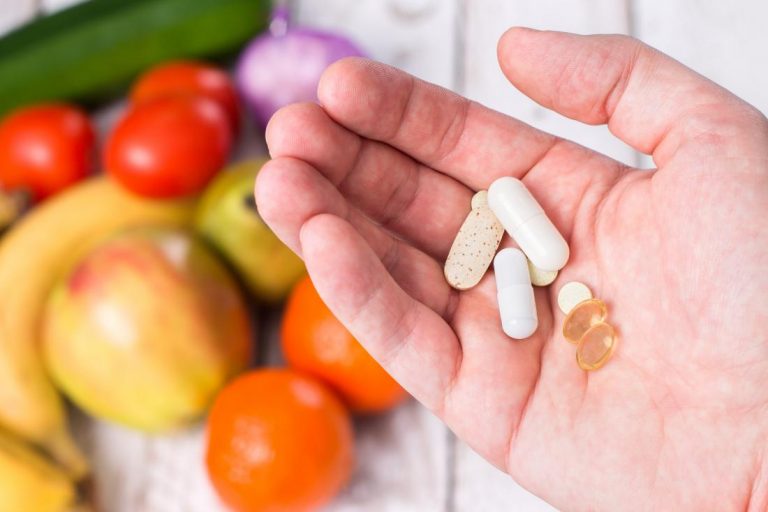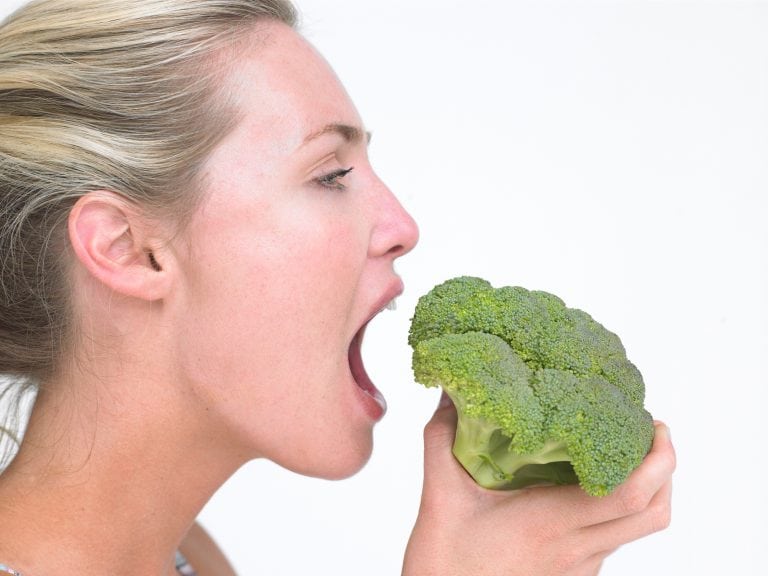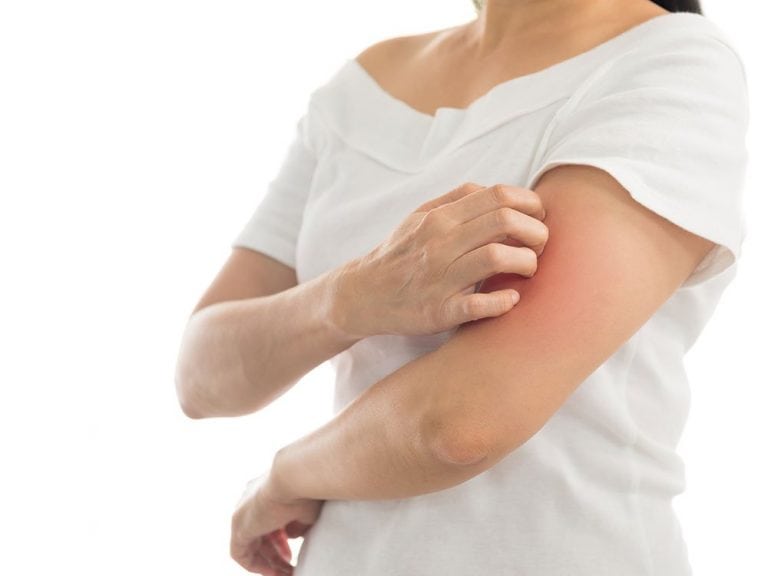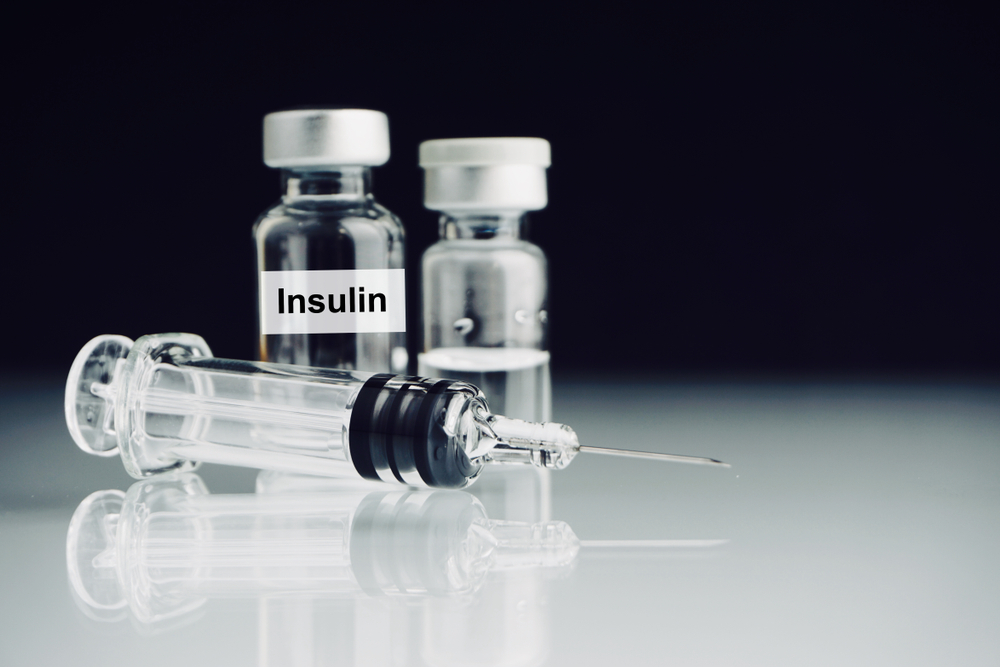
Insulin resistance
As we mentioned earlier, insulin is a hormone produced by the pancreas and is responsible for regulating the metabolism of carbs, fats and protein by facilitating the absorption of glucose from the blood into other cells of your body. Moreover, decreased levels of insulin lead to diabetes. So, as you already know, diabetes is a chronic disease characterized by high blood sugar levels.
In addition, people who suffer from diabetes are more likely to develop severe complications if they catch various viruses, such as the novel coronavirus Sars-Cov-2. According to Dr. Vimal Gupta, Senior Consultant, Endocrinology, Fortis Hospital Vasant Kunj, this type of virus affects your pancreas as well (namely the organ that produces insulin). “It has been observed that it causes pancreatitis in some patients. The pancreas secretes insulin but the virus decreases the secretion of insulin which regulates glucose levels, thus increasing sugar levels in patients. Many patients become diabetic for the first time after being infected. SGLT2 inhibitors and some other drugs, which reduce the weight and regulate sugar levels, cannot be given if a patient has coronavirus. When we withdraw the drugs, diabetes level is increased.”
Dr. B L Sherwal, Medical Director of Rajiv Gandhi Super Speciality Hospital added “Immunocompromised patients are at greater risk due to the virus. The mortality in such patients will be more because their immunity is low and additional care is to be taken.”
That being said, you have to increase your insulin resistance to reduce your risks of diabetes. Researchers say that people who have vitamin D deficiency are more likely to have a decrease in insulin resistance.
If you want to improve your insulin resistance here are the Best Diet Tips for Insulin Resistance and 6 Types of Insulin and How They Work.
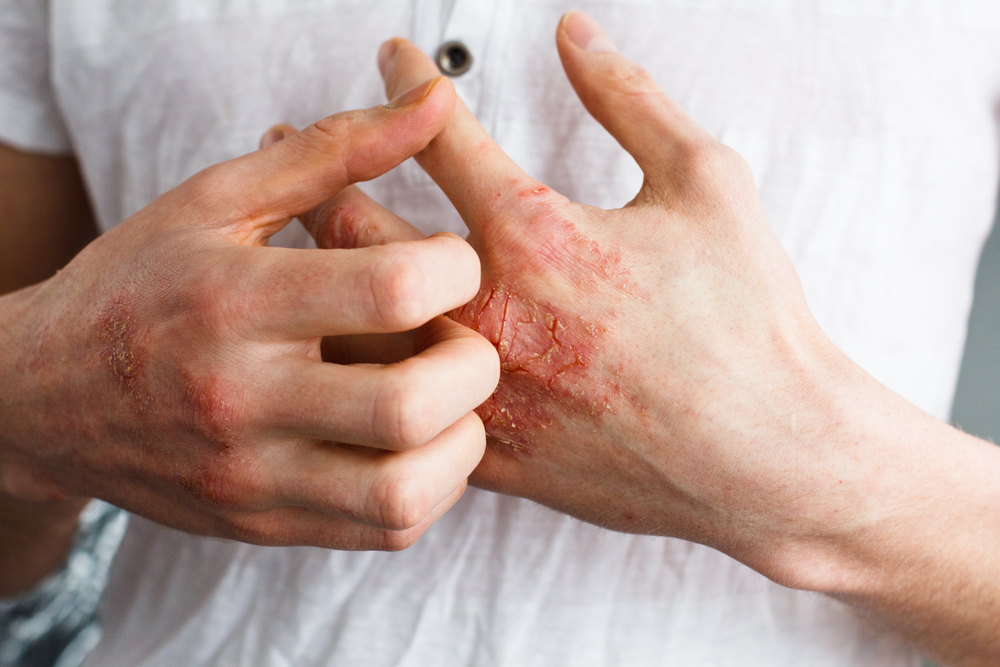
Eczema (Atopic Dermatitis)
Atopic dermatitis, also known as eczema, is a condition that affects your skin, making it red and itchy. This skin disease occurs mostly in children and is chronic, meaning that it can’t be totally cured. Fortunately, there are treatments that can prevent complications and reduce itching. The most common symptoms of atopic dermatitis are dry skin, itching, redness, and sensitive and swollen skin. Of course, symptoms can vary from person to person.
However, according to health experts, children who also suffer from vitamin D deficiency are more likely to develop severe symptoms of eczema. In general, this chronic skin disease tends to get worse during the winter, because people spend more time indoors and are less exposed to the sunlight, which means that they are not getting enough vitamin D. So vitamin D supplements may be needed in the winter.
Here are 9 Common Skin Disorders You Should Know About, Common Types of Eczema Dermatologists Want You to Know and Best Natural Remedies for Eczema.





